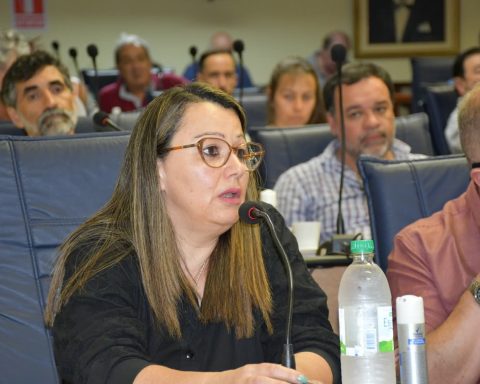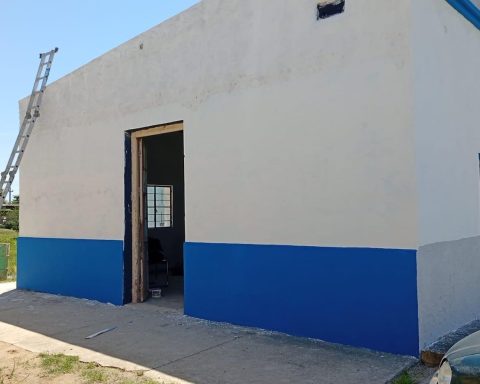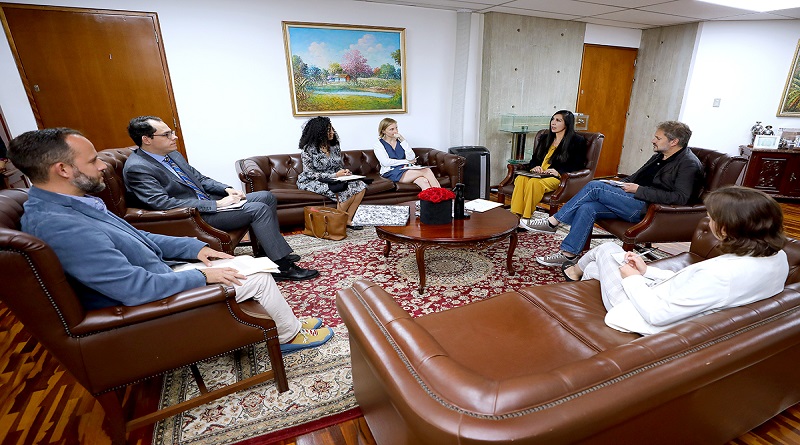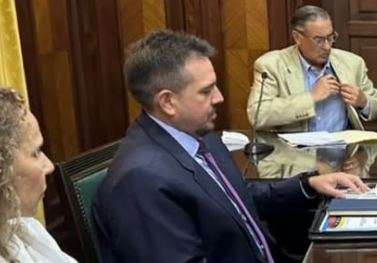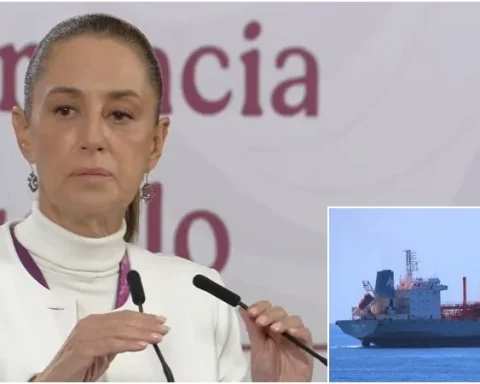A change in the international context, which began last year due to lower export prices and meager growth prospects at the global level, set off the alarm bells for Uruguayan exporters. “Exports in May they fell for the ninth consecutive month and this time the fall was 31.2%. This decrease is mainly explained by lower sales to China, which completed a year of falls in meat, seeds, wood and fish,” said the executive secretary of the Union of Exporters of Uruguay, Teresa Aishemberg in an interview with Crónicas Económicas.
At the same time, Aishemberg referred to the value of the dollar in Uruguay, which has remained unchanged for the last month and has already accumulated a drop of 3.22% so far this year, while in other countries there were increases both in May and in the accumulated “The exchange difference that was generated last year continues to widen and that worries us due to the relative increase in the cost of our products and services compared to the world and the loss of competitiveness that this means,” said the executive director of the Union of Exporters and sentenced: “Today we are expensive compared to the world and our competitors are arriving with lower prices”.
Facing the second half of the year, Aishemberg hopes that the current situation with China will be reversed in order to return to the dynamics in exports that existed until this year. To achieve this, he estimated that it is necessary to achieve “more preferential trade agreements or other mechanisms”, so that we can enter the markets at least on an equal footing with our competitors, be more competitive.” Along the same lines, he assured that it is not enough to have agreements and lower tariffs. “This is useless if we are not able to provide quality goods and services at competitive prices. And for this, you have to do internal work to lower production costs, logistics costs, bureaucratic costs and hidden costs, something that would avoid those expenses that reduce competitiveness.”
Aishemberg also advocated having a “much more digital” country, and despite the advances in the matter, suggested “continuing progress to be in the first places, as well as having applied technology, innovation and increasing productivity.”
He also recalled that in a small market like the Uruguayan “export is the only genuine way to grow.”
The Mercosur dilemma
Was it a mistake to try to distance itself from Mercosur knowing that China was not going to want to move forward without the approval of Brazil?
Asked about whether it was a mistake distance itself from Mercosur to promote a free trade agreement with ChinaAishemberg said that the goal is to build bridges and relations with China in different ways.
“Once the shock subsides, they will have to go out and buy the world and then we must have our quality products ready and at the prices that China needs. In turn, Mercosur is a reality and we have to see how we continue to vitalize it because there are many companies that depend on exporting to Mercosur and cannot redirect out of the region”.
The executive secretary explained that Mercosur is the destination of about 400 Uruguayan companies and there are about 250 that only export to the regional bloc. “There could be many more companies that could export to more countries in Latin America, and that is why we cannot choose between Mercosur yes or Mercosur no, as has been suggested many times. We do have to continue insisting on being able to advance in improving our trade with the region and seek new agreements with the rest of the world,” he said.
lower costs
The executive secretary of the Union of Exporters stressed the importance of lowering costs to achieve competitiveness.
“When we talk about lowering costs, we have to think about labor, tax, and logistics costs and improving the quality of services.” At the same time, he remarked that there are other medium and long-term aspects in which it is necessary to advance, such as the opening of markets, continuing to train human resources at all levels, having the rapid capacity to readapt to new technologies, reducing bureaucracy and procedures, among other factors, that make a country competitive
“We still have a lot to pedal and there is a pending issue that is productivity, in all companies in the country,” he stressed. In this sense, he maintained that there are companies that are working on it and others that are about to start. “We have been working for a long time, but with few results, on a clear export strategy, so that we know where we are going and see what actions must be taken to reach that objective, which goes beyond governments.” Ahishemberg referred to a State policy strategy, which focuses on development based on exports of goods and services and “align all of us so that the country can move forward with that north,” he concluded.


